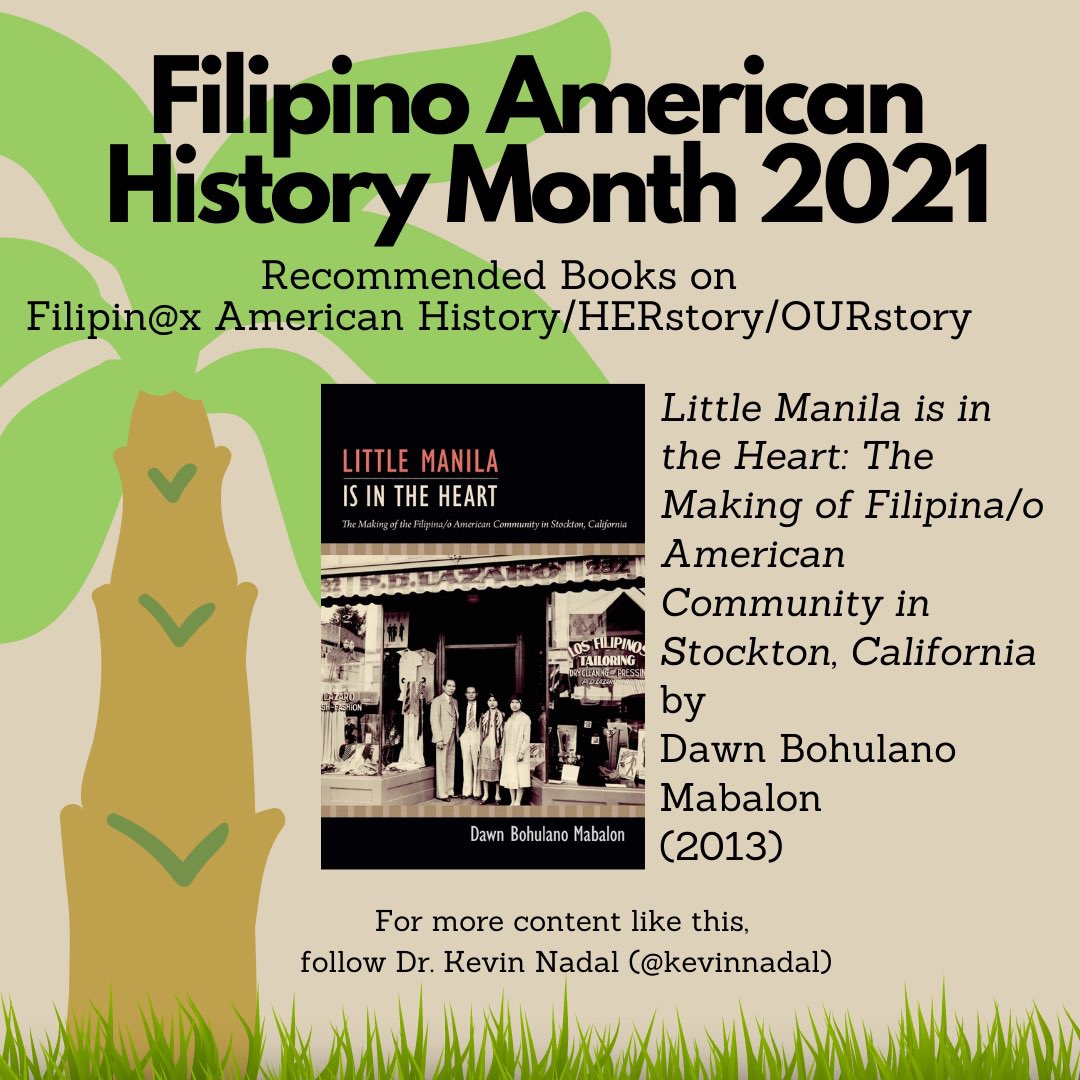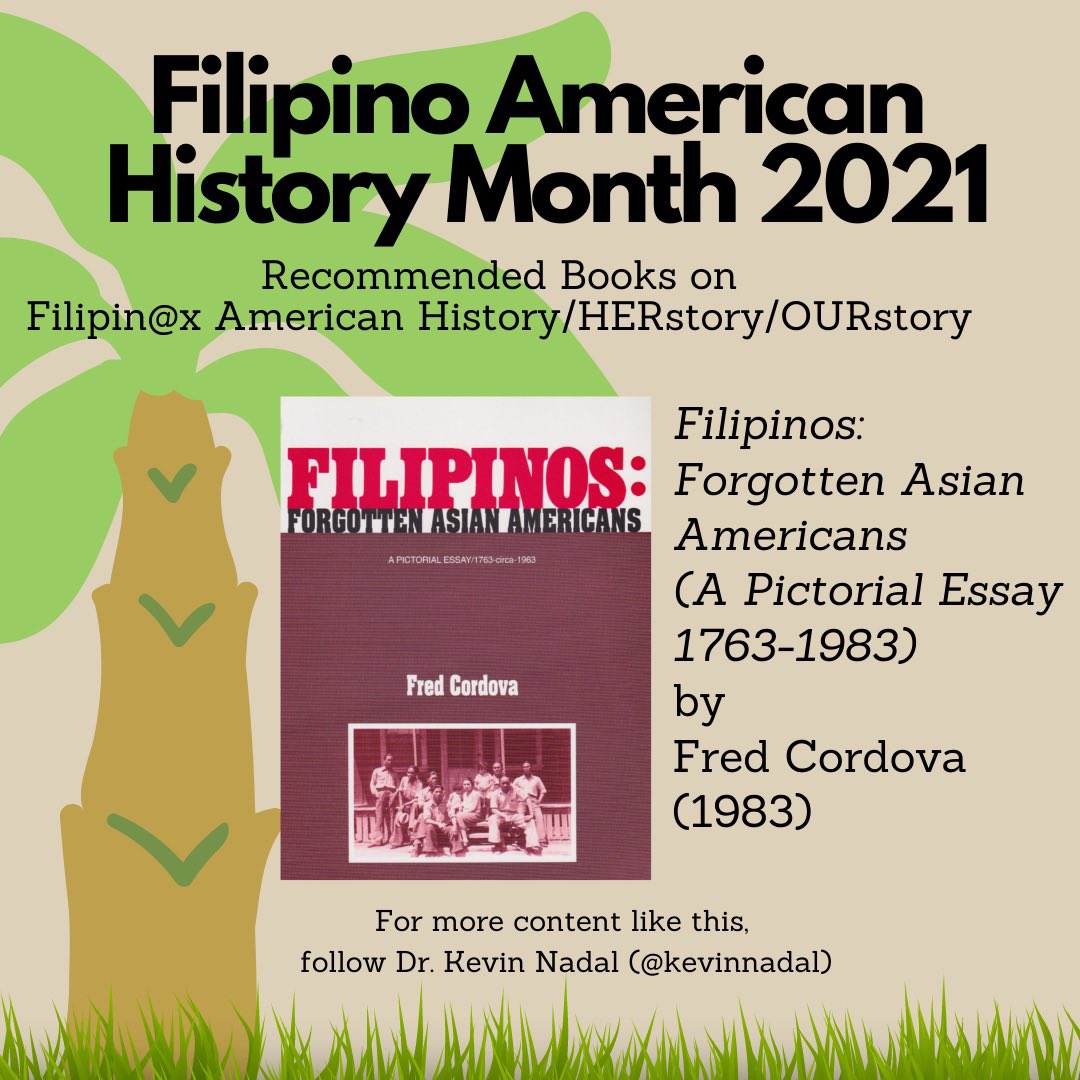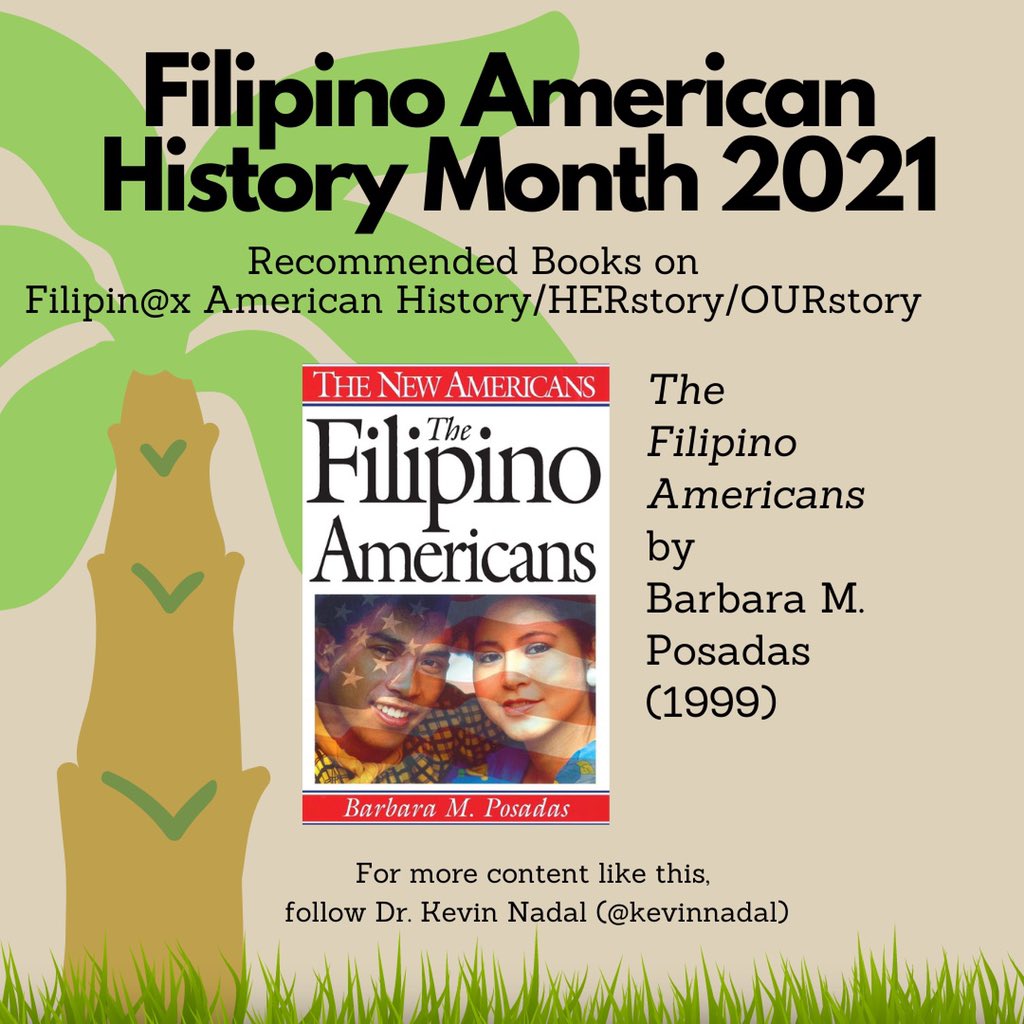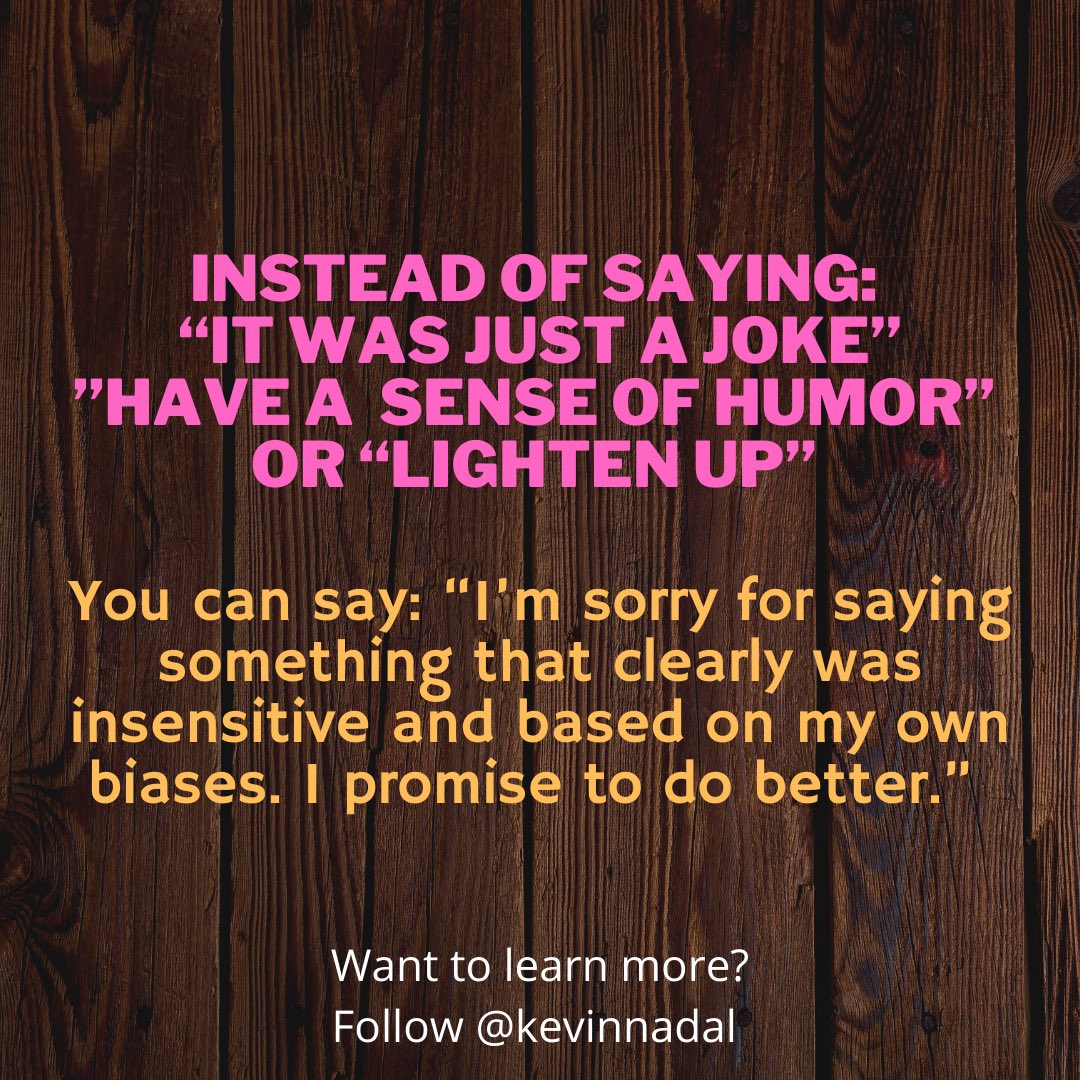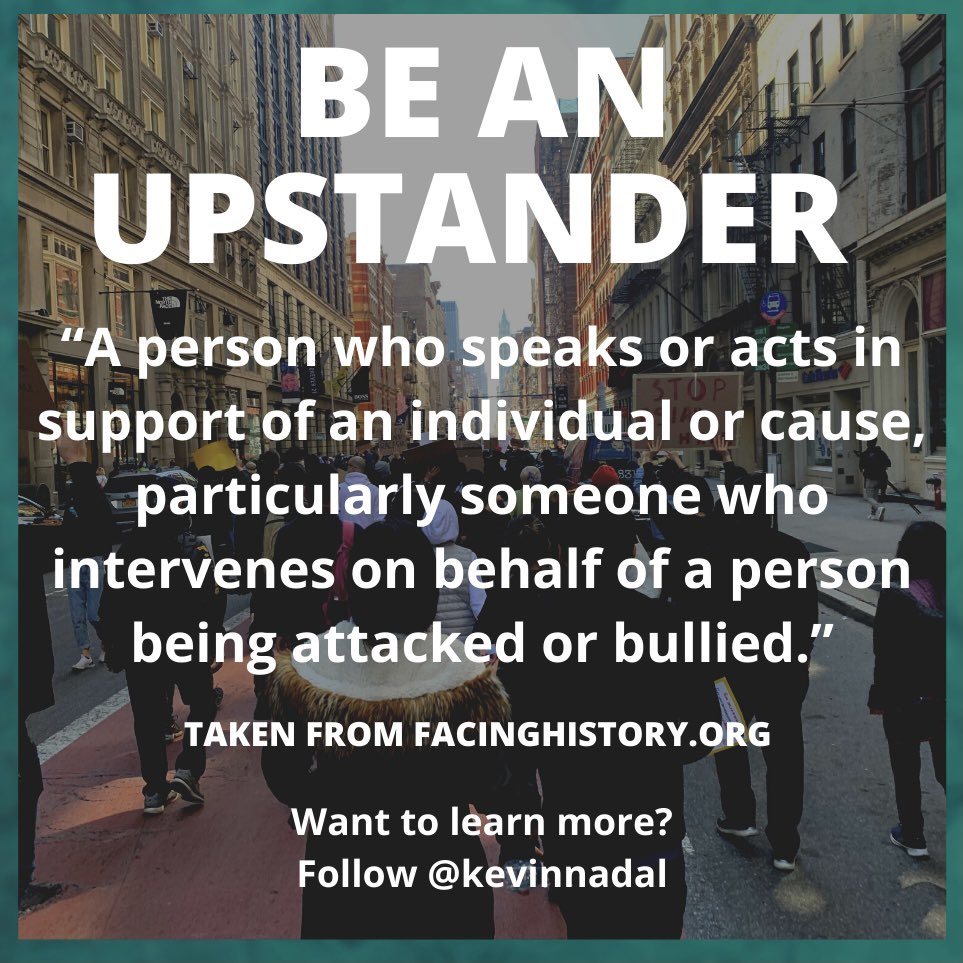
October is Filipino American HISTORY Month, NOT Filipino American Heritage Month. The distinction is important!
Created by @fanhs_national in 1991, #FAHM was always intended to be HISTORY Month. Not sure when/why people renamed something that wasn’t theirs to change.
#FAHM2021
Created by @fanhs_national in 1991, #FAHM was always intended to be HISTORY Month. Not sure when/why people renamed something that wasn’t theirs to change.
#FAHM2021
History is political; it means acknowledging the truths of a time period. It involves honoring people and the struggles they overcame. It means acknowledging violence, colonization, slavery, and oppression. It means recognizing the triumphs AND the traumas of a people. #FAHM2021
Heritage is about the cultural traditions & values of an ethnic group. For Filipino Americans, heritage implies customs from the Philippines (e.g., food, dance, language, dress, music). While these are all amazing things to take pride in, heritage is not why we celebrate #FAHM
When you call it Heritage Month, you erase Filipino Americans’ historical struggles with discrimination, isolation, & suffering. You also erase their strength, passion, & dignity. We have everything we have today because of the people who fought for us. We honor their HISTORIES.
To conclude my plea for #HistoryNotHeritage, I leave you with the words of the late Dr. Dawn Bohulano Mabalon. She wrote this in 2013 and preached this every single year until she died. Let’s honor her memory and make sure we all get it right this year.
#DawnMabalonIsInTheHeart
#DawnMabalonIsInTheHeart

• • •
Missing some Tweet in this thread? You can try to
force a refresh



